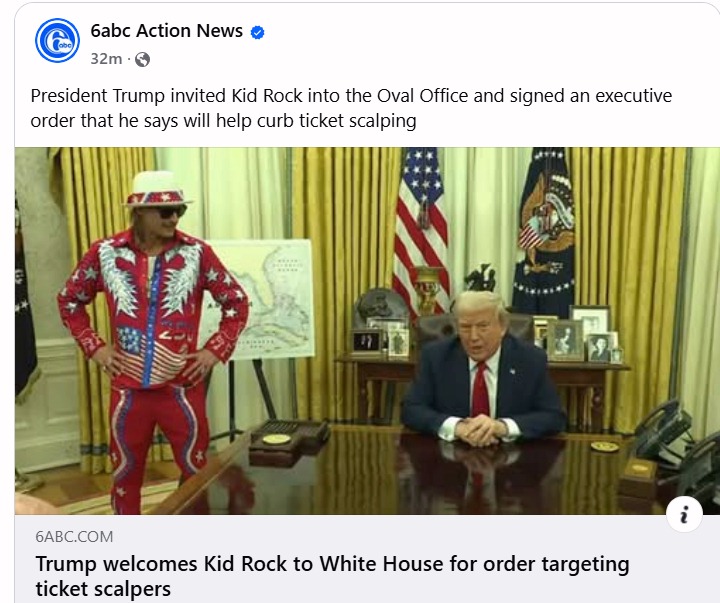Mysterious-I.mp3
Mysterious-I.mp4
Mysterious-II.mp3
Mysterious-II.mp4
Mysterious-III.mp3
Mysterious-III.mp4
Mysterious-Reggae.mp3
Mysterious-Reggae.mp4
Mysterious-intro.mp3
[Verse 1]
Survival versus convenience
(Is no dilemma)
Survive alive is the science
(Third eye’s antenna)
[Chorus]
Mysterious (or delirious)
There is no debate
I mean… (are you serious)
Get irate at your fate
[Bridge]
After all…
(Just read the writing on the wall)
Plain as the nose on your face
(We’re gonna lose this race)
[Verse 2]
Unforeseen consequences
(Come to our senses)
Public perception
(Contradiction)
[Chorus]
Mysterious (or delirious)
There is no debate
I mean… (are you serious)
Get irate at your fate
[Bridge]
After all…
(Just read the writing on the wall)
Plain as the nose on your face
(We’re gonna lose this race)
[Chorus]
Mysterious (or delirious)
There is no debate
I mean… (are you serious)
Get irate at your fate
[Outro]
After all…
(Just read the writing on the wall)
Watch it fall (fall, fall)
A SCIENCE NOTE
The climate crisis is mysterious in the sense that, despite overwhelming scientific evidence and visible consequences, there are still uncertainties, contradictions in public perception, and unexpected feedback loops. Here are some key reasons why it remains enigmatic:
1. Complex Interactions & Feedback Loops
Climate systems involve intricate relationships between the atmosphere, oceans, land, and biosphere. Feedback loops—like melting ice reducing reflectivity (albedo effect) or thawing permafrost releasing methane—can amplify changes in ways that are hard to predict precisely.
2. Extreme Weather Variability
While climate change increases the frequency and intensity of extreme weather events, the randomness of specific events makes it hard to directly attribute them to climate change in real-time.
3. Lag Between Cause and Effect
CO₂ emitted today will continue to warm the planet for centuries. The delayed response between greenhouse gas emissions and full climate impacts makes it difficult for people to connect actions with consequences.
4. Economic & Political Contradictions
Governments and corporations acknowledge climate change yet continue policies that worsen it. Fossil fuel subsidies, lack of stringent regulations, and political inertia create a paradox where solutions exist but aren’t implemented at the necessary scale.
5. Public Perception & Psychological Barriers
Some people see climate change as an abstract, future problem rather than an urgent crisis. Misinformation, cognitive biases, and media framing create confusion or apathy, despite clear scientific warnings.
6. Unforeseen Consequences & Tipping Points
Scientists are discovering new climate tipping points, such as collapsing ocean currents or rainforest dieback, which could accelerate warming much faster than expected. The full extent of these risks remains uncertain.
7. Survival vs. Convenience Dilemma
Many climate solutions require systemic change that conflicts with economic growth models. The tension between short-term economic benefits and long-term survival creates a moral and strategic paradox.
Also found on the album “Reggae Spray“
